Here marks the beginning of a series I hold very dear to my heart, cultured cashew cheese. It all begins with rejuvelac, a commonly used starter for raw vegan cheeses and a much cheaper alternative to buying probiotic capsules. Rejuvelac is made from sprouted grains such as soft wheat berries, rye berries, or quinoa.
Some people love to drink it straight up and claim it’s better than sparkling water with a shot of lemon juice or orange juice to sweeten it up. They even say it cures alcoholism, now how about that?! However I have tried it and, I’m not a fan of the taste as a drink, but for cheeses it’s the best thing in the world.
Rejuvelac is rich with vitamin B, E, C and contains many beneficial bacteria and live enzymes. It’s pretty simple to make, it just takes time and patience. When you decide to make your cultured cashew cheese or cheesecake you must plan ahead almost a week in advanced.
Rejuvelac has 2 major time factors, the sprouting of wheat berries, which takes about 2-3 days and the actual fermenting which takes about 2-3 days, time can very due to a number of factors. I have noticed that sprouts, lactobacilli and I have something in common, we all prefer a temperature around 70-80 degrees. In my house this is the optimal sprouting and fermenting temperature but it could be different in your house, you just have to experiment and take notes to know what’s best for your area.
If you don’t have a week in advanced, quinoa sprouts even faster than wheat berries. It takes about 2 hours of soaking for little tails to appear, as opposed to 2 days or more for the wheat berries. But Quinoa is more expensive and not as abundant as wheat berries.
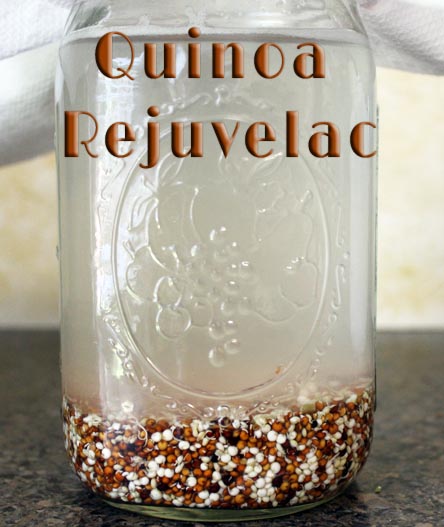
Making rejuvelac is fun, you feel like a you’re running a science experiment in the kitchen! All you have to do is give the sprouts a little tender loving care. A few common mistakes to avoid, don’t let the grains sit too long in the soak water, they can start to ferment very quickly before we’re ready to ferment. After the initial soak is over the sprouts need to be rinsed at least twice a day to prevent molding. That’s about it, as long as you follow my chart below you should be good to go!
Wheat Grass from Rejuvelac leftovers!
I never would have thought that you could grow fermented wheat berries but you sure can! Back in Kansas City when I had a garden, Dominick had taken my leftover rejuvelac’s soft winter wheat berries. He threw them onto the old tomato plot that had been covered in cow manure and rich fertile soil and slightly covered them. Soon after we had the most delicious wheat grass in all the land. It was luscious just from the 1/4 cup of berries. We had more wheat grass than we knew what to do with, it was magnificent. Now that I have a yard again, I will definitely be planting more wheat grass. My favorite recipe is a wheat grass shot mixed a young thai coconut. It’s so delicious you forget you’re eating wheat grass.
Note- the picture below has enough grains to make rejuvelac and sprouted essene bagels.

Rejuvelac
INGREDIENTS
- 1/4 cup wheat berries = 1 cup sprouted wheat berries
- 4 cups purified water
INSTRUCTIONS
Sprouting
- Soak wheat berries in a bowl of purified water for 8 hours.
- Rinse and Drain the wheat in a strainer 2-3 times per day.
- Once you see little tails appear rinse and drain your wheat berries for the last time.
Fermenting
- Add sprouted wheat to a mason jar and add 4 cups of purified water.
- Cover with a paper towel or coffee filter to allow the ferment to breath without getting any dust or bugs in it.
- Let sit for 2-4 days or until you see bubbles at the top and hear fizzing.
- Refrigerate if not using right away. Can be stored up to 2 weeks but I advise using within 1 week.
NOTES
I leave my wheat berries in the strainer or colander until they have sprouted so it is more convenient. Then you put the strainer over the bowl you used to soak the wheat.
Make sure everything you are using is really clean or sanitized as an extra precaution.
I don't recommend soaking wheat berries with tap water, rinsing and draining with tap water seems to be okay.
Distilled water does not work very well for fermenting, I advise not using it.
I only use purified water for the actual ferment. The chemicals in tap water can prohibit the lactobacilli from growing thus preventing the fermentation process.
What to Make with Rejuvelac
After your rejuvelac is prepared you must make the cultured cashew cheese base. After you make the base your are free and clear to do whatever you please to flavor your cheese, wether it’s the spiced shallot spread or the sweet cheesecake!
Make Cultured Cashew Cream Cheese Base! Make Spiced Shallot Cultured Cashew Cream Cheese!

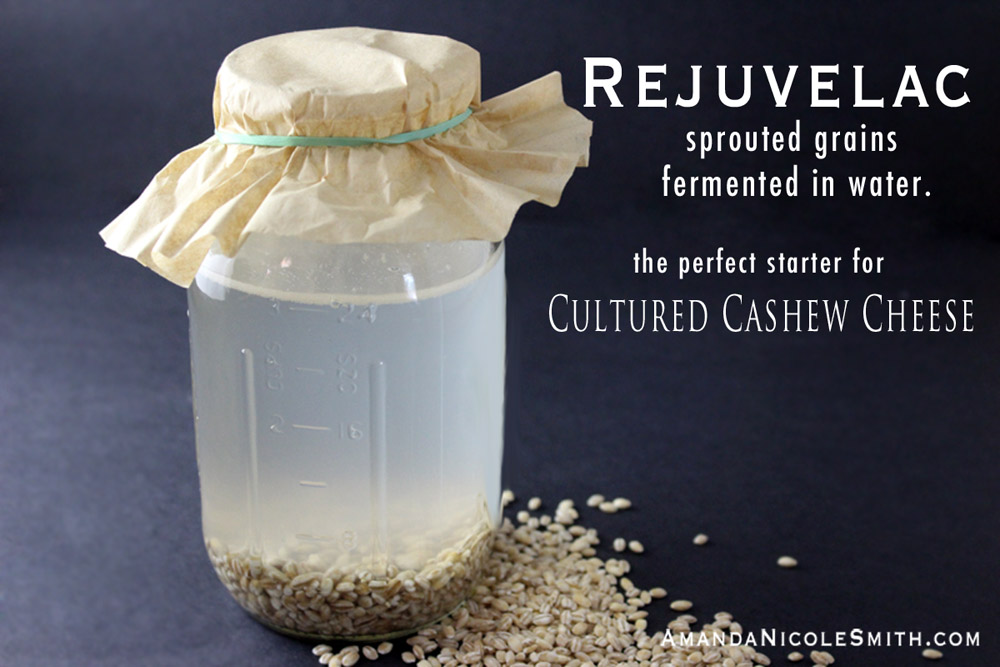
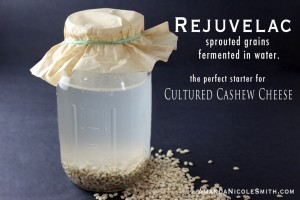
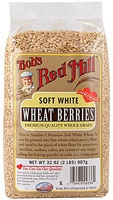
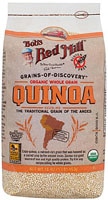
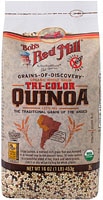

Comments 6
Do I follow same pattern as wheat berries to sprout quinoa ?
Author
Yes B, same pattern. Let me know how it goes. 🙂
I have never made rejuvelac before. I was wondering if pre-sprouted quinoa would work for this recipe? I have quinoa that I sprouted and then dehydrated for my pantry. Can I put the dehydrated quinoa in water and get a ferment/rejuvelac?
I apologize I didn’t see this sooner! I don’t think pre-sprouted and dried quinoa will work in this instance. I’m almost positive the sprout has to be active, but I could be wrong. Wish I had a more definite answer for you. Let me know if you try it and hod how it turns out.
Hi! I just found your post and have a quick question (im a bit confused). After the 8 hour soak, do you rinse the grain then put it back in water? Or you leave it out and keep rinsing it during the day? Thanks!
Author
Hi Tori! After the 8 hour soak, leave it in a strainer and rinse and drain until you see sprout tails. Then you put the grain back in water. Hope this helps!